News and Events
ADP Hosts High-Level Forest-Climate COP17 Event
Advancing Public Private Partnerships for REDD+ and Green Growth
COP 17 marked a significant moment in the UNFCCC process. The Parties achieved several substantial outcomes, including agreeing to a second commitment period under the Kyoto Protocol and launching the Green Climate Fund. They also set 2015 as the date by which the international community will adopt a global agreement with ambitious targets for all Parties, including the United States and the major developing countries, that would enter into force in 2020.In addition, REDD+ was advanced in two significant ways. First, the Parties agreed on technical elements, such as reference levels and the environmental and social safeguards needed to ensure credible outcomes. Second, on REDD+ finance, the Parties agreed that both the public and private sectors have a role to play, and they further considered that market-based approaches could be developed by the COP to further REDD+ finance.
Videos & Photo Gallery
-
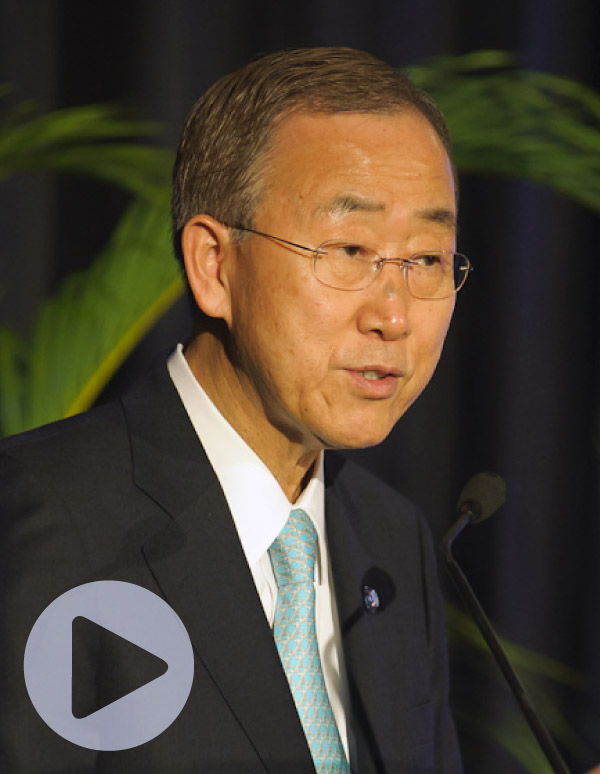
Secretary-General Ban Ki-moon -
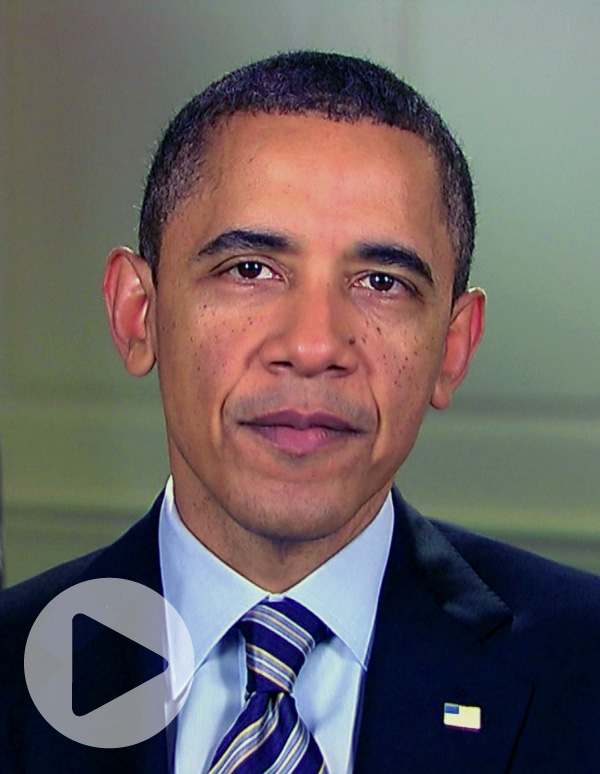
Video Message, Barack Obama -
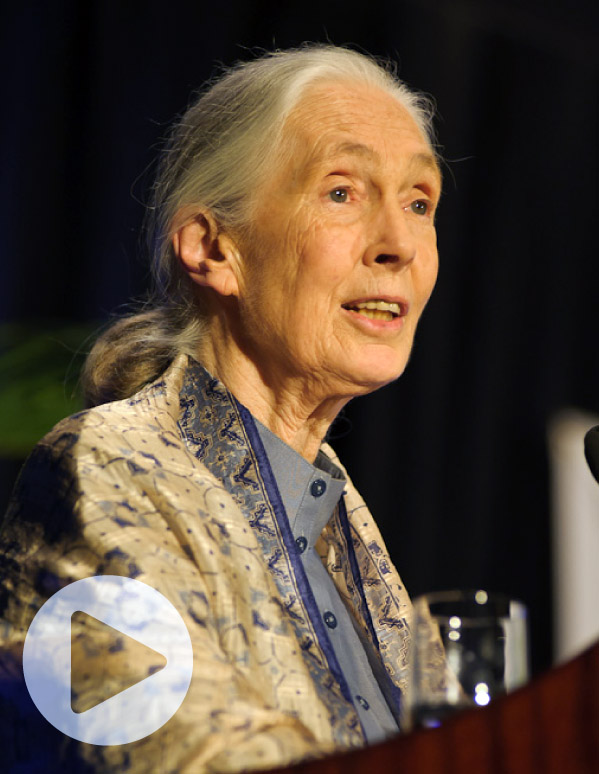
Dr. Jane Goodall, DBE -
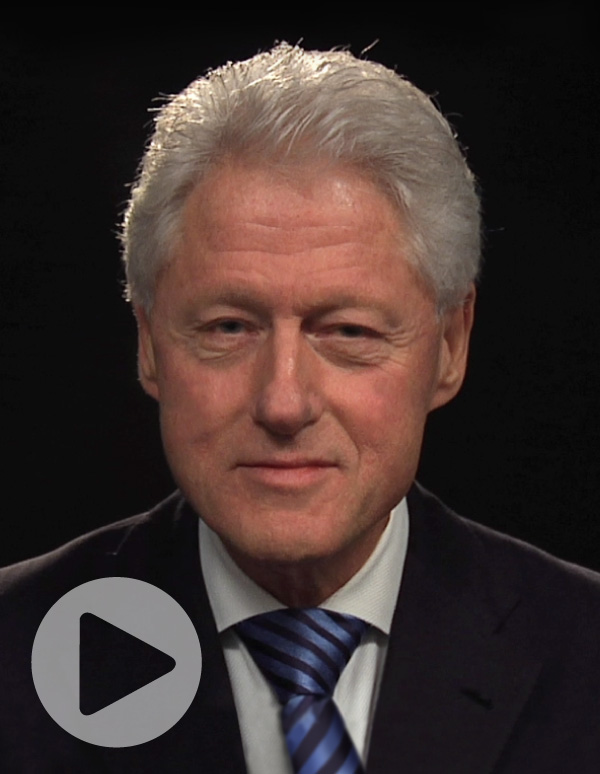
Video Message, Bill Clinton -
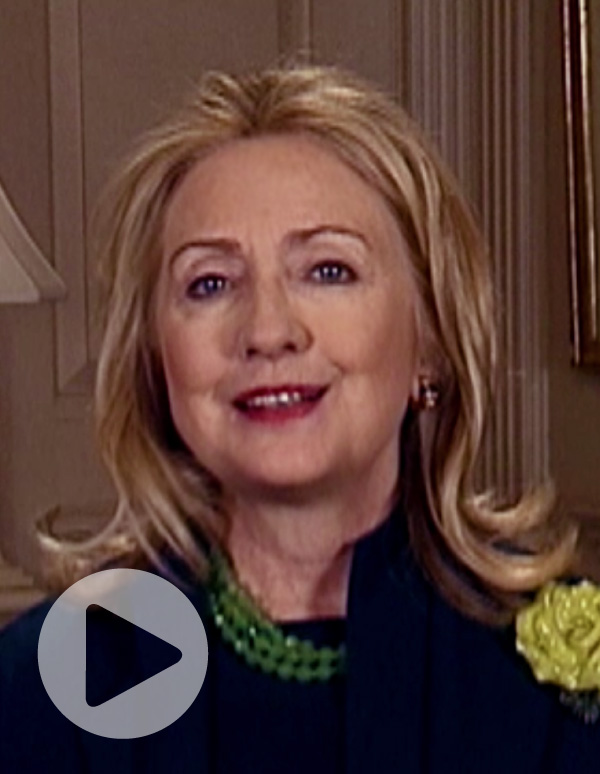
Video Message, Hillary Clinton -
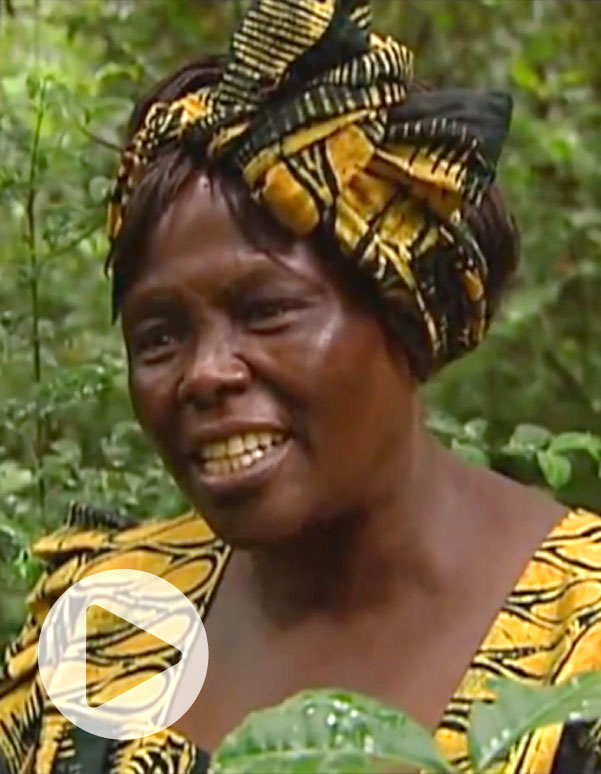
Video Tribute Film, Wangari Maathai -
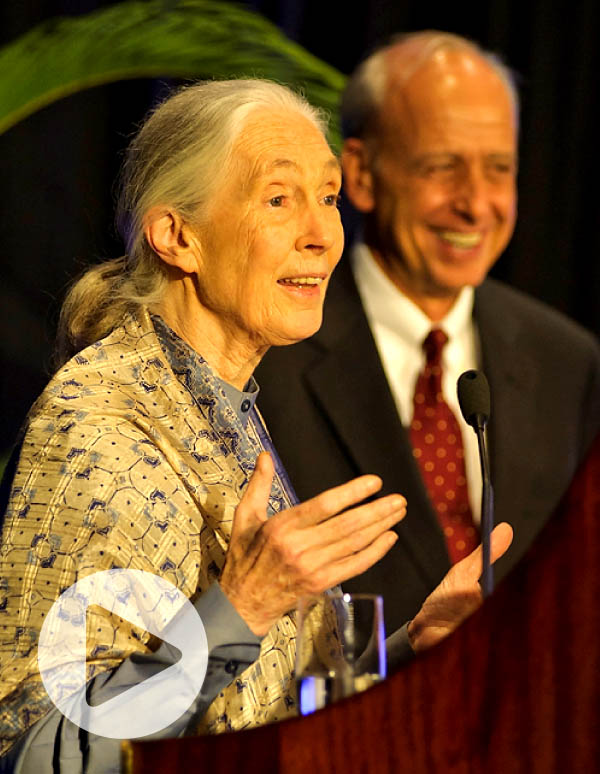
Dr. Jane Goodall, Ever charming in Durban -
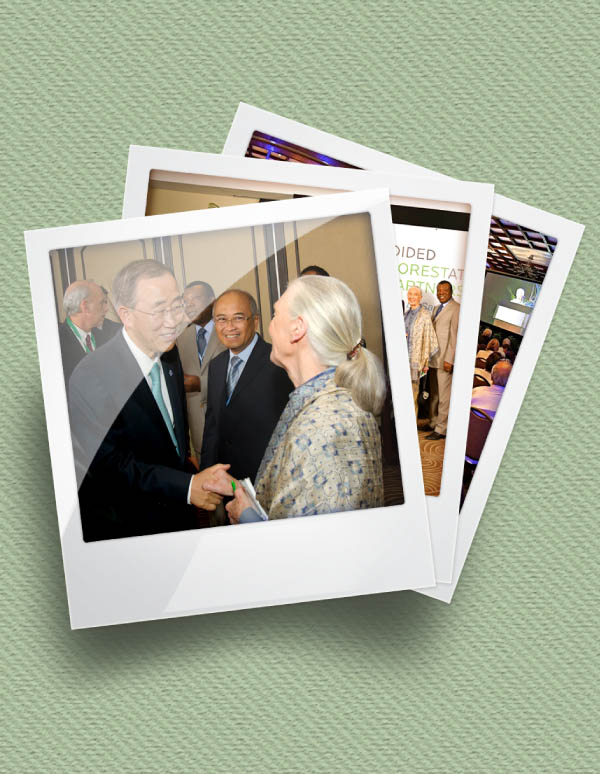
ADP Event Highlights Photo Gallery
<!–
–>
Meeting Summary
COP 17 in Durban, South Africa, marks a significant moment in the UNFCCC process. The Parties achieved several substantial outcomes, including agreeing to a second commitment period under the Kyoto Protocol, launching the Green Climate Fund, and setting 2015 as the date by which the international community will adopt a global agreement with ambitious targets for all Parties, including the United States and the major developing countries, that would enter into force in 2020. REDD+ was also advanced in two significant ways. First, the Parties agreed on technical elements, such as reference levels and the environmental and social safeguards needed to ensure credible outcomes. Second, on REDD+ finance, the Parties agreed that both the public and private sectors have a role to play, and they further considered that in light of current and future demonstration activities that market-based approaches could be developed by the COP to further REDD+ finance. These are key steps towards creating incentives to scaled-up investment to support forest conservation. AD Partners applauds the Parties on their hard work and achievements.
During a tense week of negotiations in Durban, Avoided Deforestation Partners convened a group of extraordinary leaders from government, private sector and civil society to carry forward Wangari Maathai’s vision of protecting people, forests, and the climate. The focus of the event was how innovative partnerships can change the current market paradigm from one that leads to the destruction of forests to one that rewards those committed to protecting them.
Dr. Jane Goodall, DBE, co-hosted the event, which featured a number of touching and fitting tributes to the late Wangari Maathai, originally scheduled to co-host the event with Dr. Goodall. These included video addresses from President Barack Obama, Secretary of State Hillary Rodham Clinton, and former President William Jefferson Clinton.
The Honorable Ban Ki-moon, Secretary-General of the United Nations, opened the proceedings with an impassioned speech on the importance of REDD+ to global climate change, and the urgent need to do more through “a virtuous alliance between business, government and local communities to trigger innovative policy approaches.” Dr. Goodall followed by reminding the audience that the value of the world’s remaining primary forests should be measured not only by what they provide for humankind, but by their own majestic beauty and purpose, which extends far beyond their commoditized worth.
The event also featured three substantive panels, each of which provided lively discussion on a variety of initiatives to reduce deforestation. The first panel of government ministers and officials reviewed national efforts and the role of public-private partnerships. Indonesia, for example, has implemented its moratorium on forest concessions and Minister Kuntoro Mangkusubroto explained how his country was evaluating best practices in the palm oil production sector. South African Minister Tina Joemat-Pettersson described how South Africa has major concerns over the potential for richer countries to tap vast areas of African land to produce export commodities, while people in Africa go hungry. Minister Erik Solheim of Norway encouraged public-private partnerships and the potential for large corporations to work on establishing supply chains that are deforestation-free. Minister Jochen Flasbarth of Germany, recognized the interrelated nature of agriculture and forest conservation, and highlighted the work that is being done to re-examine the great potential for using degraded land instead of continuing with deforestation practices. U.S. Deputy Special Envoy for Climate Change, Jonathan Pershing talked about the efforts the U.S. Government was making with its Millennium Challenge Corporation grants, and its potential, for example, to protect the forests of Indonesia.
Kjetil Lund, Norway’s Secretary of State and Minister of Finance, and co-chair of the Green Climate Fund, offered an update on the status of the Green Climate Fund and emphasized the potential for this fund to help further forest protection and sustainable agricultural goals.
The NGO and private-sector panel further explored new, innovative approaches to address the drivers of deforestation, such as agricultural commodity production. Jason Clay, Senior Vice-President of the World Wildlife Fund shared the positive progress that has already been achieved among more than 20 of the world’s major agricultural commodity buyers. He explained how the economic paradigm could be fundamentally shifted if the top 25% of commodity buyers demanded deforestation-free commodities, which in turn could pull another 30-40% of the market in the same direction. WWF and others are working closely with The Consumer Goods Forum, which is made up of 400 corporate leaders who are actively pursuing these conservation goals. The panel, which included National Wildlife Federation Larry Schweiger, Vice President of Global Initiatives for Yara International Sean de Cleene, and Vice-President on the Executive Board of the Roundtable on Sustainable Palm Oil Puvan Selvanathan, debated the means by which a sustained effort to reach these goals could be achieved. Better information to, and empowerment of, the consumer was a consistent theme. Peter Seligmann, President and CEO of Conservation International closed the panel by making the case for non-profits to partner with the business community to protect the environment and reduce dependency on land management practices that result in deforestation.
The final panel opened with a video address by U.S. Secretary of State Hillary Clinton and included three additional iconic women leaders: Helen Clark, UNDP Administrator and former Prime Minister of New Zealand; Dr. Jane Goodall, DBE, Founder of the Jane Goodall Institute and UN Messenger of Peace; and Mary Robinson, President of the Mary Robinson Foundation – Climate Justice and former President of Ireland. The panel was moderated by Wanjira Maathai, the daughter of the late Wangari Maathai and the international liaison for the Green Belt Movement. This panel focused on the human side of REDD+ and the critical need to address poverty alleviation and the needs of local communities, particularly women, as a necessary pre-condition to avoiding further deforestation.
While discussing a people-centric approach to avoiding deforestation, Mary Robinson emphasized that, “We need to think inter-generationally, we need to be bolder than what I’m seeing at this COP. I really hope that it will end with a good result, for Africa, for South Africa, and the world, because the values here are right.” Ms. Clark agreed, noting that, “While protecting forests are of vital concern, we must not forget that the needs of people whose well-being depends on forests must be our priority.” Dr. Goodall underscored that we all can make a difference, reminding us that, “Each and every one of us must take responsibility in our own lives, make ethical decisions… because we are all in this, every single one of us, together.”
The 2011 Nobel Peace Prize Laureate and President of Liberia, Ellen Johnson Sirleaf, wanted to attend but had to travel to Oslo to accept the Nobel prize. She specifically requested that her foreign minister, Dr. Toga Gayewea McIntosh, deliver her remarks on her behalf. In her message, President Sirleaf emphasized the urgent need for the Parties to embrace the Green Climate Fund as a critically important opportunity to help countries like Liberia meet the real challenges Africa is facing due to climate change.
Near to the closing of the event, U.S. President Obama, in a video address, offered a remembrance of Wangari Maathai and her vision of hope, saying “Wangari’s work and that of the Green Belt movement stands as a testament to the power of a single person’s idea that the simple act of planting a tree can be a profound statement of dignity and hope first in one village, then in one nation, and now across Africa. Here in Durban, we can carry on her work to preserve our forests, to improve how we use our natural resources and how we grow food to grow our economies in a way that’s sustainable and that addresses climate change.”
The event closed with Dr. Goodall challenging us to ask ourselves: “If we are the smartest species on the planet, then why are we destroying it?” She then engaged the entire audience in a mimicking of a chimpanzee greeting, which involved everyone hugging their neighbor in a joyous fashion – a fitting way to conclude the inspiring three-hour event.
back to top
